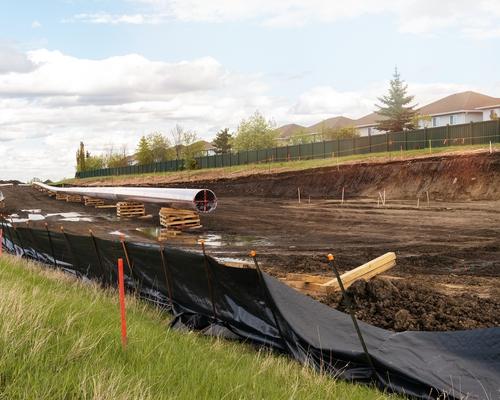CSSN Scholar Jeremy Walker and Kyla Tienhaara dig into why neoliberal and ‘free market’ proponents are calling for state protection and ownership of fossil fuel infrastructure.
Highlights:
- Emphasizes the role played by fossil capital in the development of neoliberalism.
- Explores how the climate emergency manifests as ‘unquantifiable’ stranded asset risk in the financing of hydrocarbon extraction.
- Advances the concept of neoliberal nationalization.
- Provides an in-depth case study of the nationalization of the Trans Mountain Pipeline in Canada.
Abstract:
Nationalization was once anathema to neoliberals and the hydrocarbon-based corporations long closely integrated with the neoliberal project. Indeed, the origins of neoliberal advocacy for global economic liberalisation can be traced, at least in part, to the resistance of oil multinationals to nationalist governments attempting to assert ownership and control over natural resources. It is therefore striking that calls are now mounting from this quarter for the nationalization of fossil fuel infrastructures, to keep them operating as climate policy, loss of public legitimacy and changing market conditions increasingly make investments in them unprofitable, uninsurable, or uncompetitive. The Canadian government’s purchase of the Trans Mountain Pipeline exemplifies what we term a ‘neoliberal nationalization’. Neoliberal pundits and oil industry figures created the perception of both an immediate economic crisis and a longer-term crisis of investor confidence in Canada; these ‘crises’ were used to justify the nationalization. Critically, the government acquisition of the pipeline was framed as a temporary measure of last resort. The intention of a neoliberal nationalization is to protect corporate actors from the effects of their own irresponsible business practises, maintaining ‘business as usual’ by pre-emptively socializing the foreseeable risks of rapid capital asset devaluation. In the case of hydrocarbon infrastructures like Trans Mountain, state authority is called upon to ensure the continued profitability of private fossil energy extraction, even as global financial markets accelerate disinvestment from the sector in response to evidence that most fossil fuels must remain in the ground to prevent catastrophic climate change.



